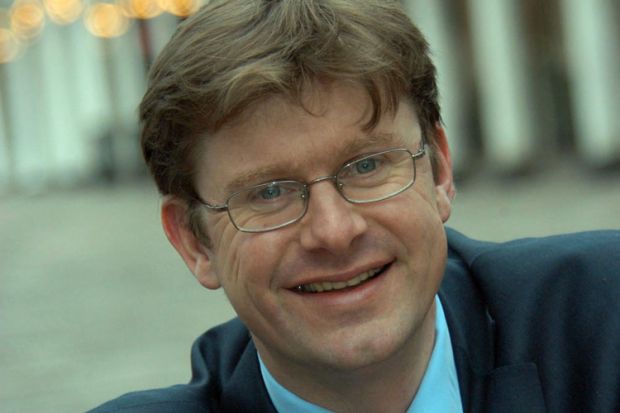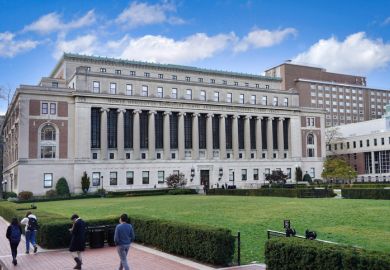Source: www.gregclark.org
Mr Clark, who has been the Conservative MP for Royal Tunbridge Wells since 2005, replaces David Willetts, who announced his resignation last night as part of the government’s pre-election reshuffle.
In addition to the universities and science brief, Mr Clark will keep his role as minister of state for the Cabinet Office, responsible for cities and local growth.
He was born in Middlesbrough, attended a comprehensive school, and went on to study economics at the University of Cambridge and then obtained a PhD from the London School of Economics.
Before entering Parliament, he was director of policy for the Conservative Party for three successive leaders – although not under David Cameron.
In opposition, he held the shadow brief for energy and climate change, and charities, social enterprises and volunteering.
In 2011 he was appointed minister for cities before becoming financial secretary to the Treasury in September 2012.
Prior to entering politics he had an international career working for American strategy firm the Boston Consulting Group.
Sally Hunt, general secretary of the University and College Union, said: “We wish Greg Clark well in his new role and look forward to discussing the challenges facing the sector with him. Mr Clark picks up an important brief with enormous significance for both our economy and our society.
“Many higher education reforms from this government have been controversial and unpopular with the sector. Now is a good time to re-evaluate them and for all parties to make clear exactly what they will be offering the electorate at the next election.”
As well as Mr Clark’s appointment, it has also been announced that George Freeman, Tory MP for Mid Norfolk, has been made parliamentary undersecretary of state for life sciences. The new brief will sit across the Department for Business, Innovation and Skills and the Department of Health.
david.matthews@tsleducation.com
Greg Clark’s acceptance by scientists may not be helped by the fact that he was among 206 MPs who signed an Early Day Motion in 2007 calling on the government to support homeopathic hospitals, which it describes as “valuable national assets”.
The motion says complementary medicine “has the potential to offer clinically-effective and cost-effective solutions to common health problems faced by NHS patients, including chronic, difficult to treat conditions such as musculoskeletal and other chronic pain, eczema, depression, anxiety and insomnia, allergy, chronic fatigue and irritable bowel syndrome”.
The signatories also include current health secretary, Jeremy Hunt, business secretary Vince Cable and Lord Willis of Knaresborough, who at the time chaired the Commons Science and Technology Committee and is now a member of the Lords Science and Technology Committee.
David Colquhoun, professor of pharmacology at University College London and a critic of homeopathy, said it would “obviously be absurd if a science minister were really to take seriously something as anti-scientific as homeopathy”.
“Let’s hope Mr Clark signed it unthinkingly to please a constituent, [while] realising how silly it was - though it would have been better if he’d thought before signing,” he said.
Paul Jump
Register to continue
Why register?
- Registration is free and only takes a moment
- Once registered, you can read 3 articles a month
- Sign up for our newsletter
Subscribe
Or subscribe for unlimited access to:
- Unlimited access to news, views, insights & reviews
- Digital editions
- Digital access to THE’s university and college rankings analysis
Already registered or a current subscriber? Login




